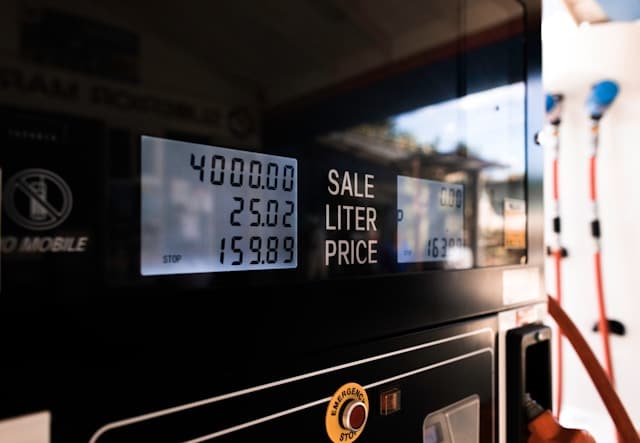The Basics of Fuel System Maintenance
 Maintaining your car’s fuel system is crucial for ensuring optimal performance, fuel efficiency, and longevity of the vehicle. The fuel system delivers gasoline from the tank to the engine, where it mixes with air for combustion. This process is vital for the engine’s operation, and any issues within the system can lead to performance problems, decreased fuel efficiency, and increased emissions. This article covers the basics of fuel system maintenance, offering insights into keeping your vehicle running smoothly.
Maintaining your car’s fuel system is crucial for ensuring optimal performance, fuel efficiency, and longevity of the vehicle. The fuel system delivers gasoline from the tank to the engine, where it mixes with air for combustion. This process is vital for the engine’s operation, and any issues within the system can lead to performance problems, decreased fuel efficiency, and increased emissions. This article covers the basics of fuel system maintenance, offering insights into keeping your vehicle running smoothly.
Understanding Your Fuel System
The fuel system consists of several key components, including the fuel tank, pump, filter, injectors, and lines that transport fuel. Each part plays a crucial role in delivering fuel to the engine efficiently and needs to be maintained properly to avoid issues.
Regular Fuel Filter Replacement
The fuel filter is essential for keeping contaminants out of your engine. Over time, the filter can become clogged with particles and debris from the fuel, leading to reduced fuel flow and engine performance. Replacing the fuel filter at intervals recommended by your vehicle’s manufacturer helps ensure a clean supply of fuel to the engine, improving performance and efficiency.
Fuel Injector Cleaning
Fuel injectors spray fuel into the engine’s combustion chamber, and they must do so in a precise pattern for optimal combustion. Injectors can become clogged with deposits, affecting their spray pattern and fuel flow. Periodic cleaning of the fuel injectors helps maintain their proper operation, ensuring that fuel is efficiently burned and reducing the risk of performance issues.
Inspecting Fuel Lines and Hoses
Fuel lines and hoses transport fuel from the tank to the engine. These components can degrade over time, leading to leaks that are not only dangerous but can also affect the performance of your vehicle. Regular inspections for signs of wear, cracking, or leaks can prevent fuel loss and potential safety hazards.
Fuel Pump Check-Up
The fuel pump delivers fuel from the tank to the engine. A failing fuel pump can result in a lack of fuel pressure, leading to engine stalling or difficulty starting. Listening for unusual noises from the fuel tank area and monitoring your vehicle’s performance can help identify a failing fuel pump early.
Using Quality Fuel
Using high-quality fuel is essential for maintaining the health of your fuel system. Lower quality fuels may contain higher levels of contaminants or ethanol, which can lead to increased deposits and wear on system components. Opting for top-tier gasoline can help reduce deposit buildup and protect your fuel system.
Regular System Checks
Incorporating fuel system checks into your regular vehicle maintenance schedule can help catch and address issues early. This includes checking the fuel system components during oil changes or other service appointments. Professional mechanics can perform more thorough inspections and cleaning, ensuring your fuel system remains in optimal condition.
Conclusion
Proper maintenance of your car’s fuel system is key to ensuring its performance, efficiency, and reliability. By understanding the components of the fuel system and their maintenance needs, you can take proactive steps to prevent issues. Regularly replacing the fuel filter, cleaning the injectors, inspecting the fuel lines, and using quality fuel are all essential practices. Incorporating these maintenance tasks into your routine can help keep your vehicle running smoothly for years to come.
